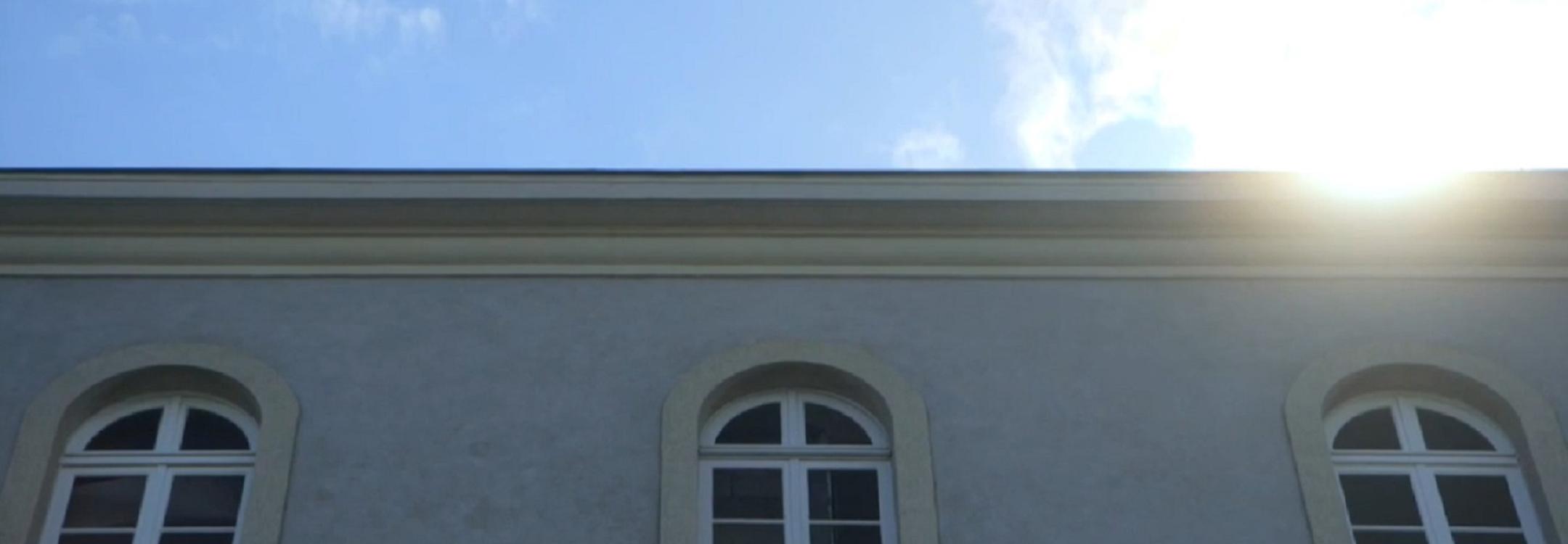
The COVID-19 pandemic has placed much of the world’s population in some form of isolation, confinement or quarantine. In this extraordinary situation, deprivation of liberty has taken on new dimensions.
People detained prior to the pandemic have seen their rights restricted further and are exposed to greater health risks. Many others have had their freedoms severely curtailed, sometimes resulting in deprivation of liberty. Behind closed doors, far from public scrutiny, a person deprived of liberty faces risks of suffering cruel, inhuman, degrading treatment (ill-treatment), and even torture. These risks are significantly heightened during public health emergencies. All people working in facilities of deprivation of liberty, whether correctional staff, healthcare professionals, social workers, or other support staff, are also under great pressure, facing increased risks to their physical and mental health, often in precarious working conditions.
The present circumstances, and the responses of some state authorities (confinement, curfew, additional restrictions for persons deprived of liberty, etc.), make the role of NPMs in preventing torture and other ill-treatment and protecting those deprived of liberty both more pressing and more difficult.
Informed by extensive consultation with NPMs from across the world, the APT in partnership with OSCE-ODIHR, elaborated a practical guidance on how NPMs can continue their monitoring functions in order to address these challenges. It outlines concrete solutions to continue monitoring places of deprivation of liberty, either remotely, or in person. It also put specific emphasis on new risks and challenges posed by the pandemic, to which NPMs should pay specific attention to.